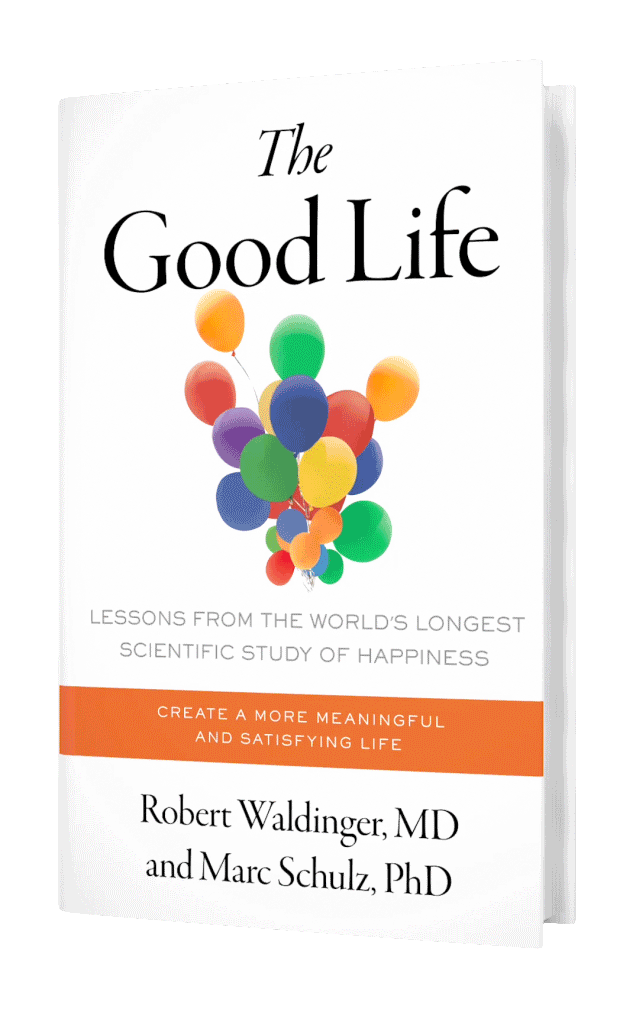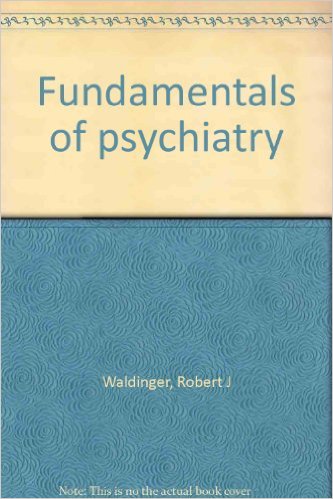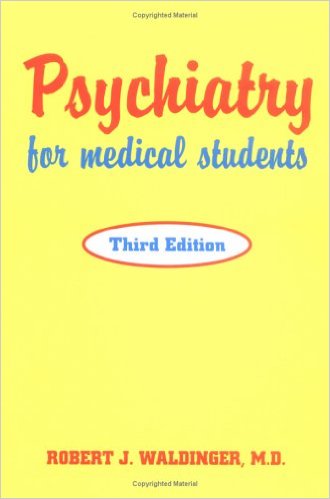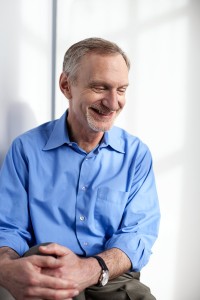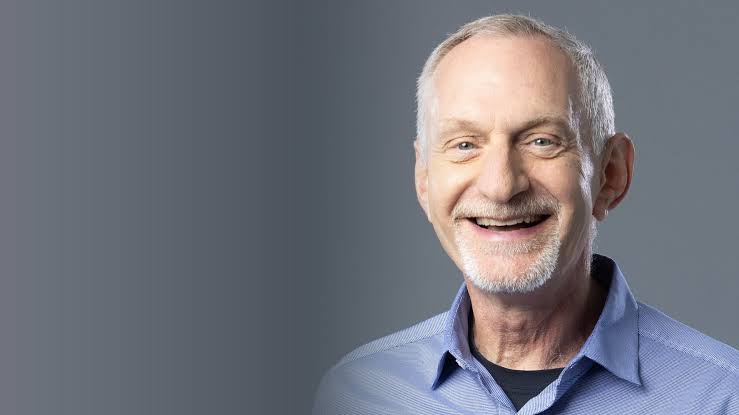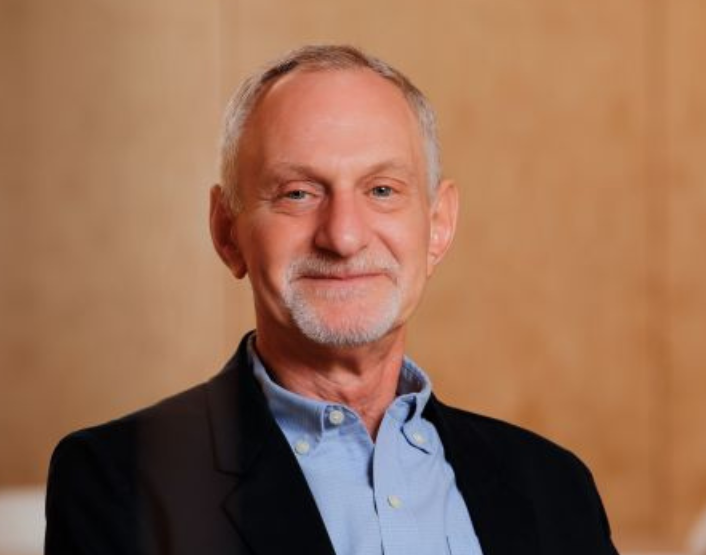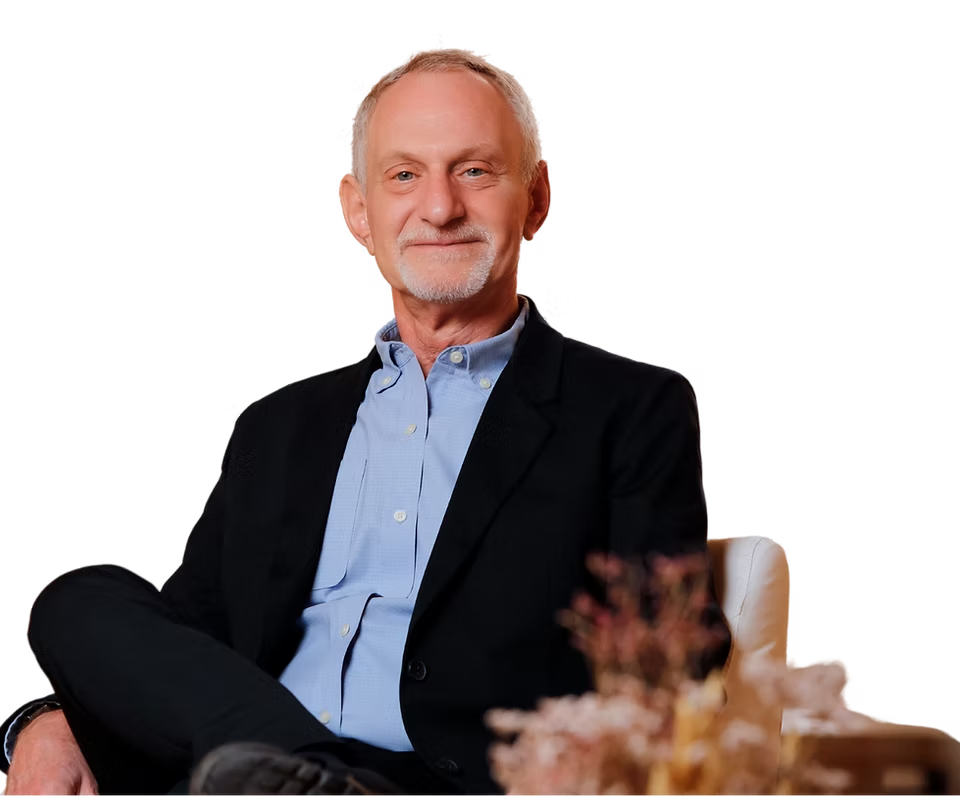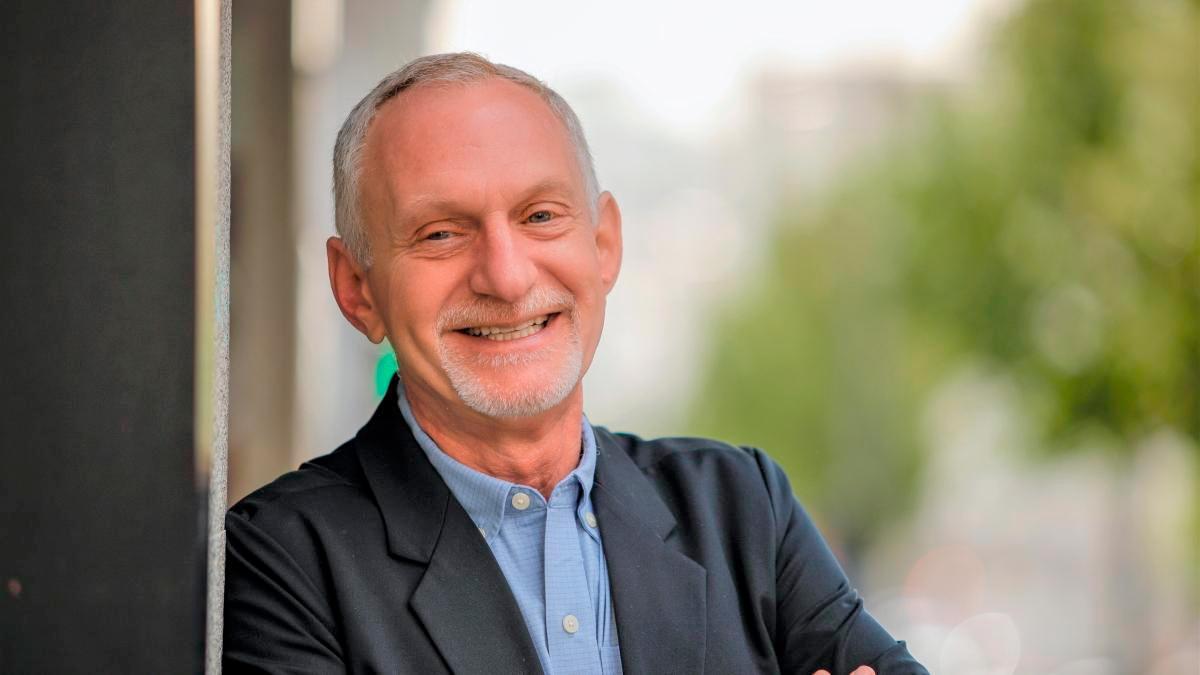Biography
Book Robert Waldinger through The Keynote Curators.
Robert Waldinger is a psychiatrist, psychoanalyst, and Zen priest. He is Clinical Professor of Psychiatry at Harvard Medical School and directs the Harvard Study of Adult Development, one of the longest-running studies of adult life ever done. The Study tracked the lives of two groups of men for over 78 years and now follows their Baby Boomer children to understand how childhood experience reaches across decades to affect health and wellbeing in middle age. He writes about what science can teach us about healthy human development.
Dr. Waldinger is the author of numerous scientific papers as well as two books, and he directs a teaching program in psychotherapy at Massachusetts General Hospital in Boston. He has won awards for teaching and research from the American Psychiatric Association, Harvard Medical School, and Massachusetts Psychiatric Society, and he is consistently named as one of the Best Doctors in America. He is also a transmitted teacher in Boundless Way Zen and teaches Zen throughout New England.
His TED talk on lessons from the longest study of happiness has had over 13 million views and is the fastest spreading talk in the history of TEDx events.
Contact us for Robert Waldinger’s fees and availability.
Videos
Robert Waldinger: What makes a good life? Lessons from the longest study on happiness
What makes us happy and healthy?
Speech TopicsExpand each topic to learn more
What keeps us happy and healthy as we go through life? If you think it’s fame and money, you’re not alone—but, according to a long-running life study, you’re also mistaken. As the director of an 80-year-old study of adult development, Robert Waldinger has unprecedented access to data on what brings true happiness and satisfaction. In this talk, Waldinger shares three important lessons learned from the study as well as some practical, old-as-the-hills wisdom on how you can build a fulfilling, long life.
Would you rather be rich in things or experiences? Advertising, Facebook, and most media give the impression that material wealth is the key to a good life. On the other hand, wisdom traditions have long taught us that material wealth does not bring lasting joy. Science supports this wisdom, showing that material things make us less happy (and for shorter periods of time) than experiences, and personal connections bring more joy than physical objects. Taking findings from his lifespan research, the teachings of Zen, and examples from the media, Robert Waldinger shares the difference between what we expect to make us happy and what actually creates a sense of wellbeing.
Relationships are vital not only to our personal health and happiness — they’re also central to an organization’s success. Research has shown that productivity on a team and in larger organizations depends less on IQ and/or aggressiveness than on positive personal connections with others. The quality of these connections impacts loyalty, job satisfaction, collaboration, and innovation. Despite this, worker disengagement is running rampant, with loneliness in the workplace at an all-time high. So how do organizations cultivate a relationship-centric approach in order to empower a higher-functioning workforce? In this talk, Robert Waldinger shares research on how organizations can help or hinder people’s psychological and physical health and gives advice on how companies can create more healthy work environments.
How we deal with change has a profound effect on our work lives and personal contentment. Marriage and children, promotions and retirement, old habits and new behavior, vacation freedom and work pressure: We’re constantly facing transitions. Managing these life transitions well is central to our health, happiness, and productivity. In this talk, Robert Waldinger discusses how understanding the stages of adult life can play a critical role in dealing with the transitions all of us must face, how relationships are critical to dealing with these transitions, and how a game plan for transition is critical to happy, healthy and productive lives and organizations.
Blog Posts
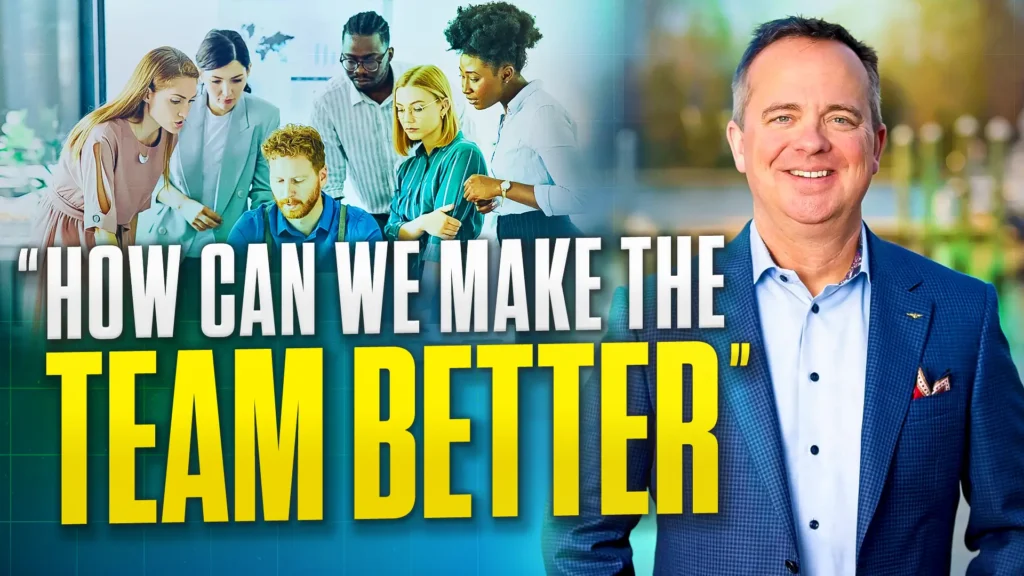
Confidence Without Vulnerability Creates Teams That Never Improve
Can ego and vulnerability coexist in teams that actually win? Most leaders think they have to choose. Either you build confident people who believe they're excellent, or you create humble people who accept feedback. Either...
Read More
Financial Planning in 2026 Requires a Clear Strategy
Have you noticed that the internet has never given more financial planning advice than it does right now? That's actually the problem. Your feed has become a 24/7 trading floor of hot takes. "Buy this."...
Read More
Crisis Leadership Lessons from September 11 Reveal Everyday Resilience
What if the most powerful crisis leadership lesson from September 11 isn't about the decisions made in underground bunkers, but about the farmers, truckers, teachers, and everyday workers who make heroic responses possible? After sharing...
Read More
Best Artificial Intelligence Speakers for Cybersecurity Conferences (2026 Guide)
Quick Links Artificial Intelligence Speakers Healthcare Keynote Speakers Top Technology Speakers Innovation Speakers Leadership Speakers Future of Work Speakers Get Proposal (availability & fees) If you’re searching for the Best Artificial Intelligence Speakers for Cybersecurity...
Read More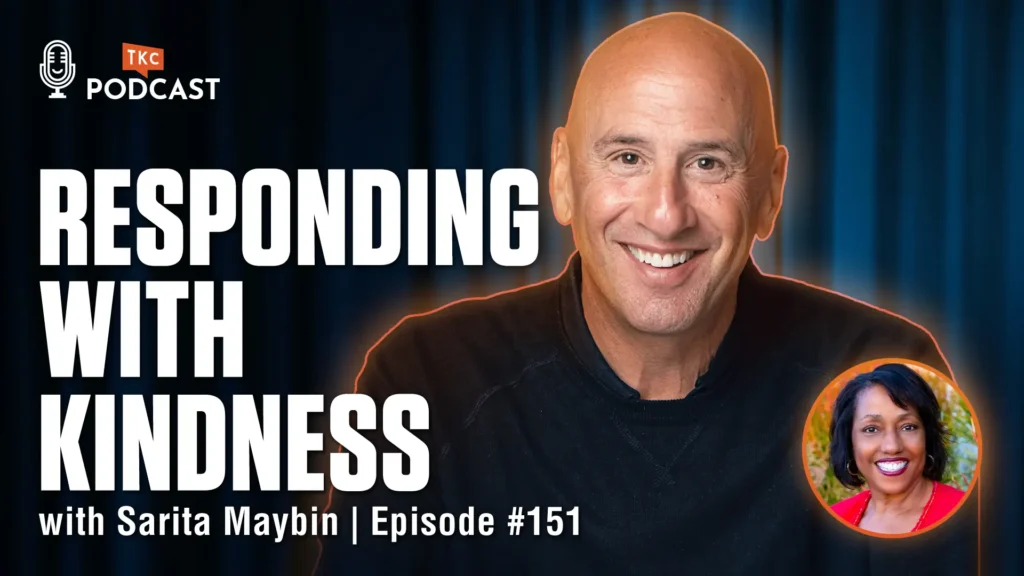
Communication Strategies from Sarita Maybin that Transform Workplace Conflict Into Collaboration
Why Your Team's Real Problem Isn't Strategy—It's Communication When was the last time a workplace conversation went sideways, not because of what was said, but how it was delivered? Most organizations pour resources into strategic...
Read More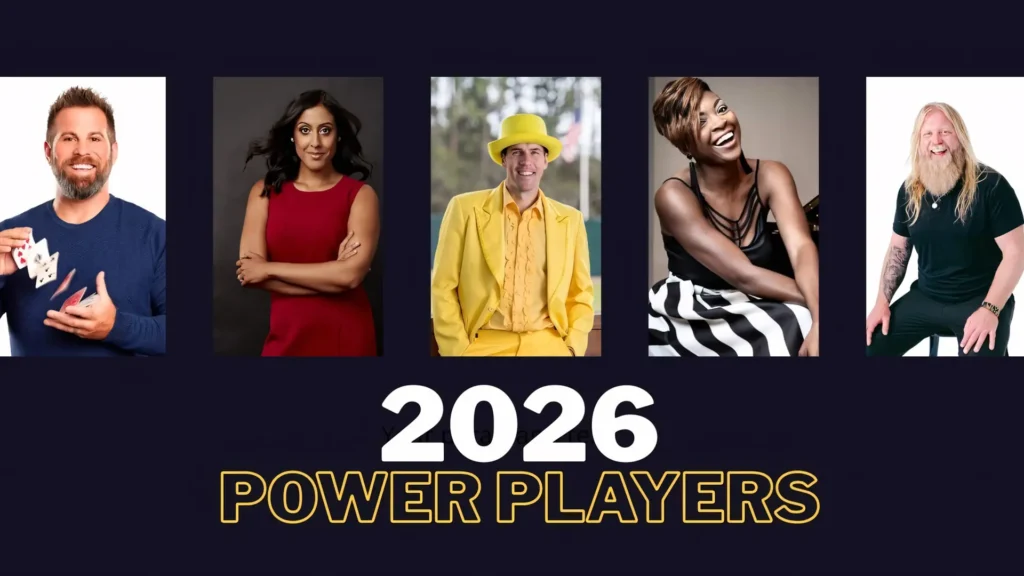
The 2026 Keynote Speaker Lineup That Creates Real Momentum
If you're looking for a sign to power start your 2026, here it is: this is the year you stop negotiating with your potential. January arrives packed with goals, spreadsheets, and ambitious plans. However, goals...
Read MoreRelated Emotional Intelligence Speakers
Get in TouchContact US
Fill out the form so we can best understand your needs.
A representative from The Keynote Curators will reach out to you.

